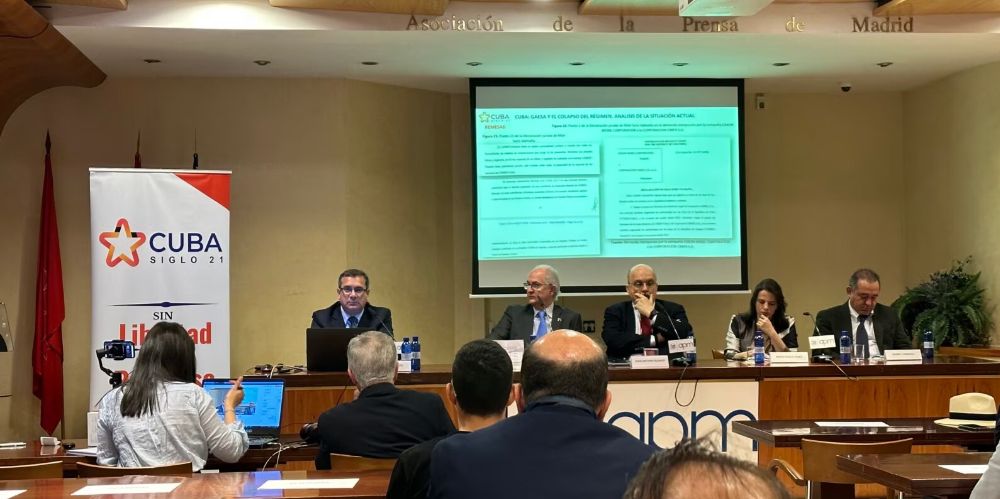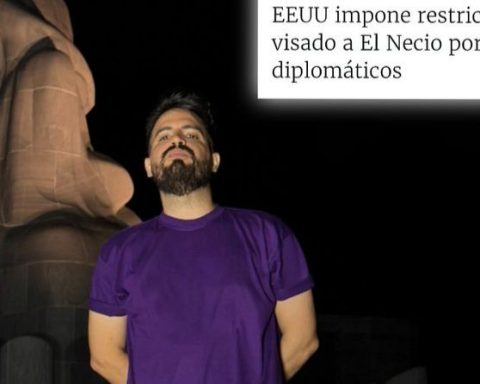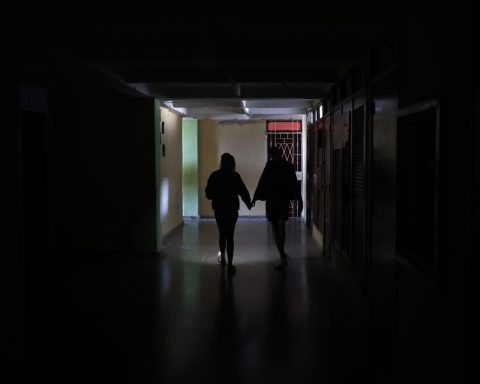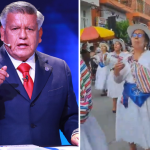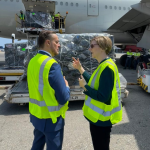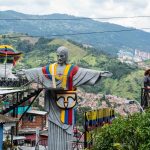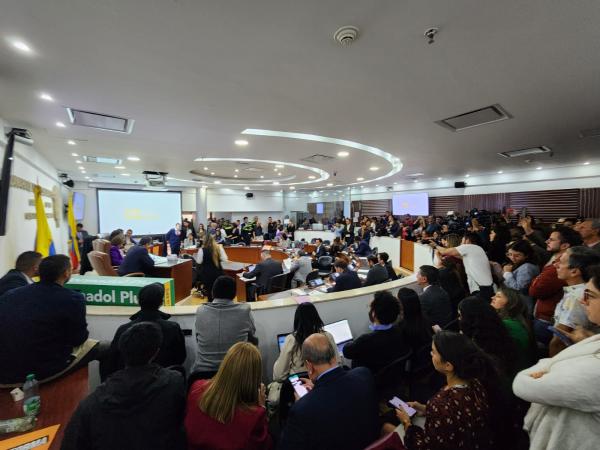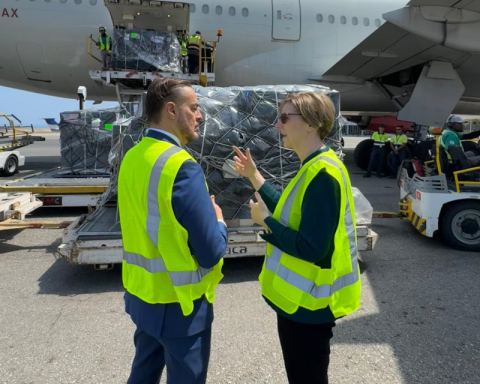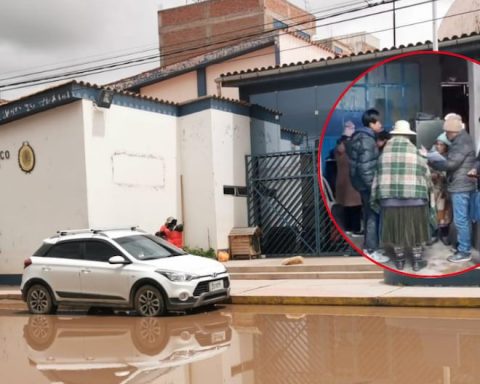MIAMI, United States. – The Madrid Press Association (APM) hosted this Tuesday the colloquium “The axis of the Latin American autocratic oligarchies”, organized by the Cuba Siglo 21 ideas laboratory, according to a report from the Argentine environment infobae.
Various experts in Latin American politics, such as former Caracas mayor Antonio Ledezma and Cervantes Prize winner Sergio Ramírez, discussed the growing influence of China, Russia and Iran in countries such as Cuba, Venezuela, Nicaragua, Ecuador and Peru.
At the meeting, Juan Antonio Blanco, president of Cuba Siglo 21, assured that the role of Latin America in the global conflict “has been little analyzed” and that Russia’s invasion of Ukraine was only “the epicenter.”
Blanco cited Russian Foreign Minister Sergei Lavrov’s tour of Latin America and Brazilian President Luiz Inácio Lula da Silva’s visit to China as examples of the increasingly close relationship between Latin America, Russia and China.
Paula María Romo, former Minister of the Government of Ecuador, stressed that “Latin America is not the region of ‘non-aligned countries’ but one of the fundamental actors in geopolitics.” In addition, Romo recalled how during Lenín Moreno’s term, the distancing from Rafael Correa generated violence in the streets, and how allies of China and Russia in the region supported these actions.
For his part, Sergio Ramírez, 2017 Cervantes Prize winner, intervened through a recorded video and spoke about the role of China in Nicaragua: “It is at the forefront of plans for expansion and dominance in the region. And Nicaragua (…) has a great strategic value”.
Ramírez stressed that “the interests of China, Russia and Iran depend on Ortega remaining in power, so they will continue to support him in political, diplomatic and military terms.”
Antonio Ledezma, former mayor of Caracas, denounced the situation in his country and said: “Venezuela is a rabbit hole and now Petro is becoming the promoter of the dialogue to resolve the alleged crisis in the country, arguing that it is a consequence of the sanctions applied by the States themselves. United States or the European Union.
During his speech, Emilio Morales, president of the Havana Consulting Groupanalyzed the role of GAESA in the Cuban economy and warned that Venezuela, Nicaragua or Bolivia “are already getting on this car.” According to Morales, the current Cuba “has resulted in a failed and mafia state; a mutation of a socialist state, if it ever was, into one that has disregarded the primary obligations of any government to its population.”
The colloquium attracted numerous citizens and journalists from the aforementioned countries, who attended the call of Cuba Siglo 21, which defines itself as a group of “strategic intelligence on the Cuban reality at a time when ideas were never so important.” .
The experts urged the international community and the citizens of the region not to underestimate the situation and to pay attention to the geopolitical and economic alliances that are being formed in Latin America.
In the words of Antonio Ledezma, it is crucial that “populism has no borders” and that democracy be defended as a “concrete” that stops autocratic impulses in the region. The colloquium participants agreed that collaboration between Latin American countries and the promotion of democracy and transparency are essential to face current and future challenges in the region.
